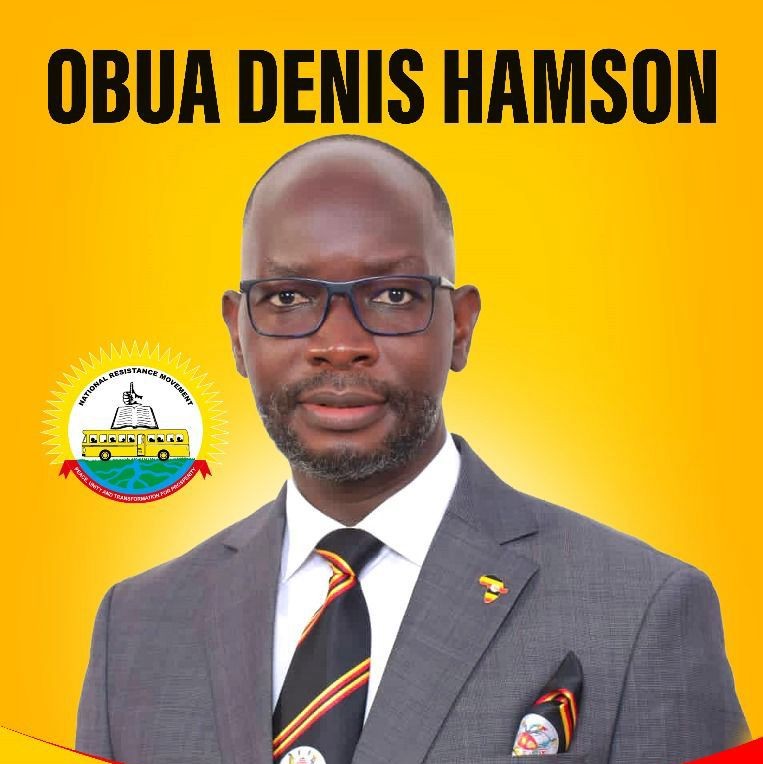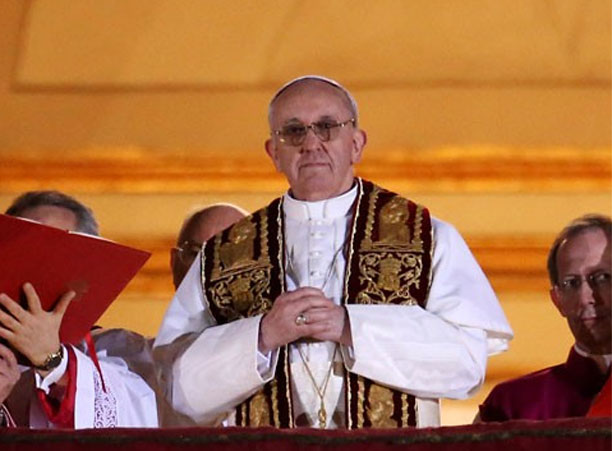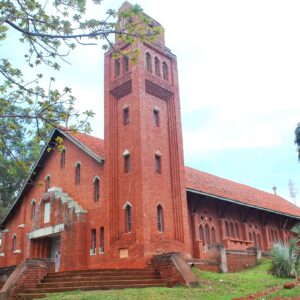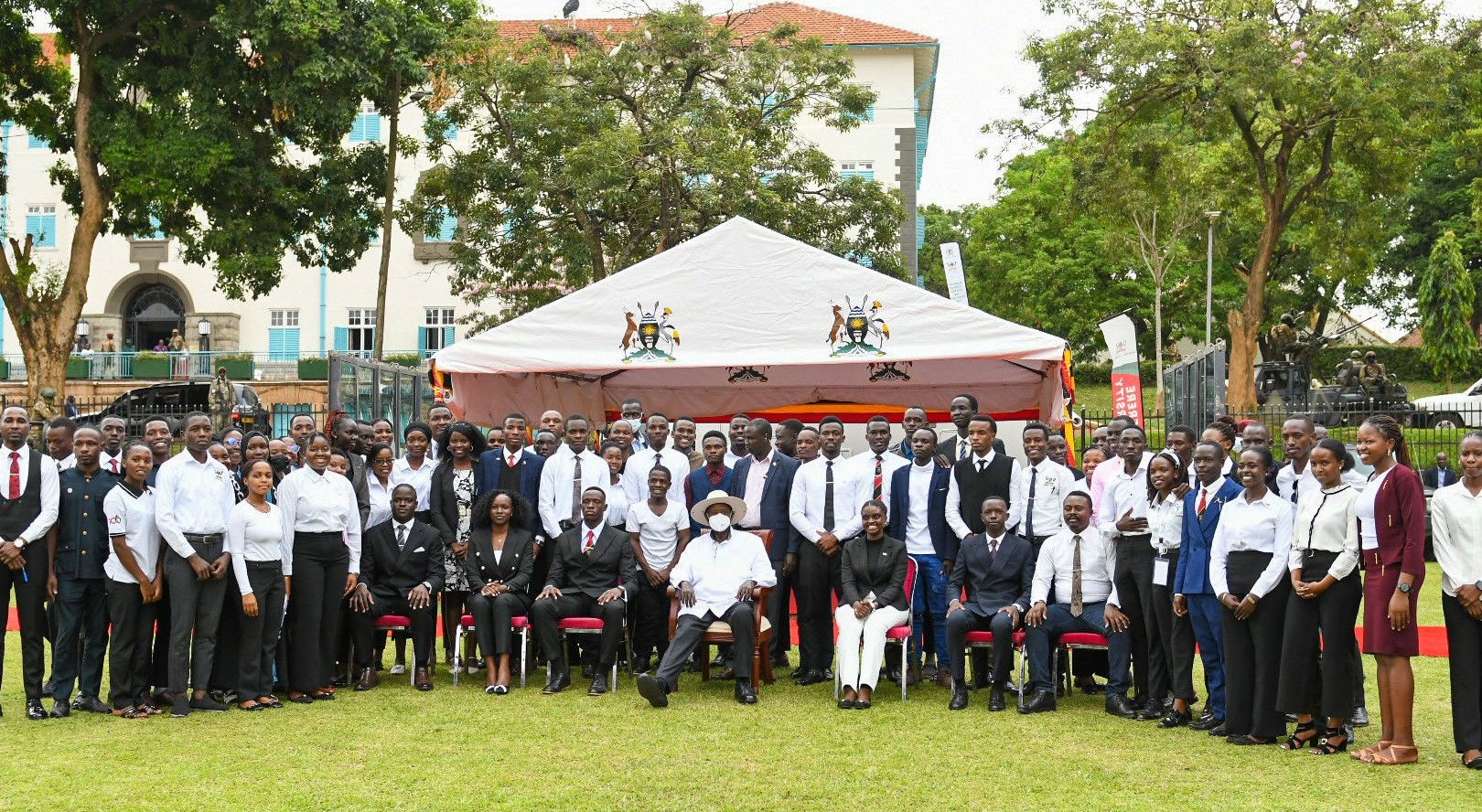Kampala, Uganda – In a significant display of dissent, the Leader of Opposition, Joel Ssenyonyi, and several opposition Members of Parliament (MPs) walked out of the Ugandan Parliament today Tuesday, May 20, 2025, protesting against what they described as a “sham process” concerning the Uganda Peoples’ Defence Forces (UPDF) Amendment Bill, 2025. The bill, which seeks to empower military courts to try civilians under certain circumstances, has become a focal point of contention, highlighting deep divisions within the legislative body.
The walkout occurred during a session focused on “Matters of National Importance. Joel Ssenyonyi (NUP), who represents Nakawa West constituency, led the protest, arguing that the bill represents a dangerous erosion of civilian rights and democratic principles. “We cannot endorse legislation that undermines the rule of law and subjects civilians to military jurisdiction,” Ssenyonyi declared, emphasizing the opposition’s stance against what they perceive as an overreach by the ruling National Resistance Movement (NRM).
The UPDF Amendment Bill, presented for its second reading on the same day, proposes reintroducing provisions that allow military courts to try civilians, a move that has sparked widespread concern among opposition members and human rights advocates. This proposal contradicts a 2019 Supreme Court ruling that declared such trials unconstitutional, further fueling the opposition’s outrage. The bill’s consideration has been met with heated debates, as evidenced by previous sessions where members, government officials, and army representatives clashed over its implications and the interpretation of the Supreme Court decision.
This walkout is part of a broader pattern of opposition tactics to challenge what they see as the NRM’s manipulation of legislative processes. Historical precedents include a 2023 walkout led by Mathias Mpuuga over issues of torture and illegal detentions, indicating a recurring strategy to highlight governance concerns. The latest action reflects ongoing frustrations with the NRM’s dominance in Parliament, which has been criticized for resisting electoral and governance reforms, as documented by organizations like Freedom House.
As Uganda approaches future electoral cycles, the opposition’s actions signal a growing resolve to challenge the status quo. Political analysts suggest that such protests could influence public perception and potentially shape the political landscape leading up to the next elections. However, the effectiveness of walkouts as a strategy remains a subject of debate, with some arguing that they may alienate voters seeking tangible legislative outcomes.
The Ugandan government has yet to issue an official response to the walkout, but the event has undoubtedly reignited discussions on the need for reforms to enhance transparency and fairness in parliamentary operations. As the nation watches, the opposition’s stance represents a critical juncture in Uganda’s ongoing struggle for democratic governance, particularly in the context of the controversial UPDF Amendment Bill.







